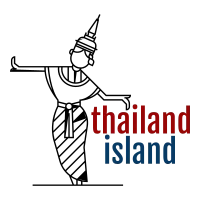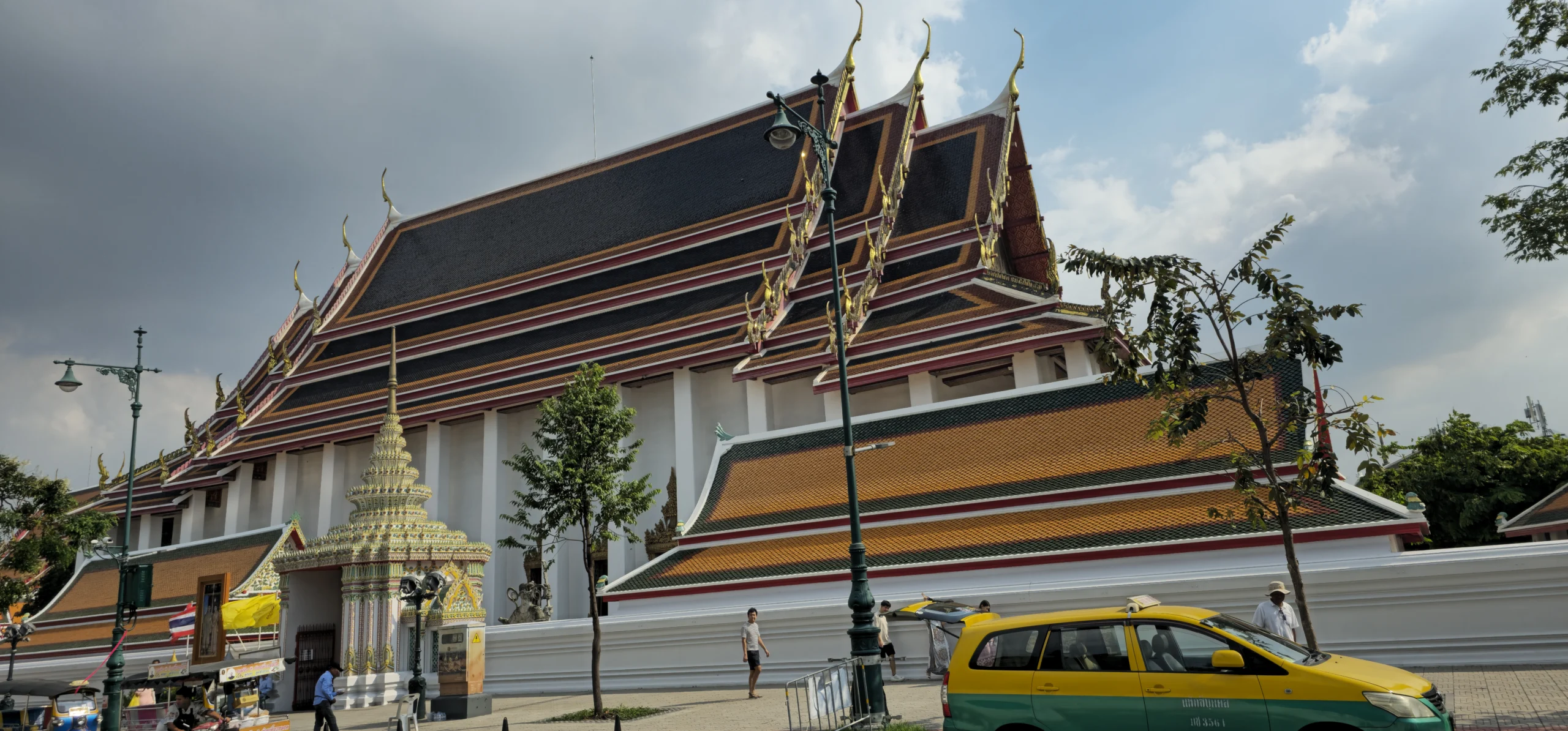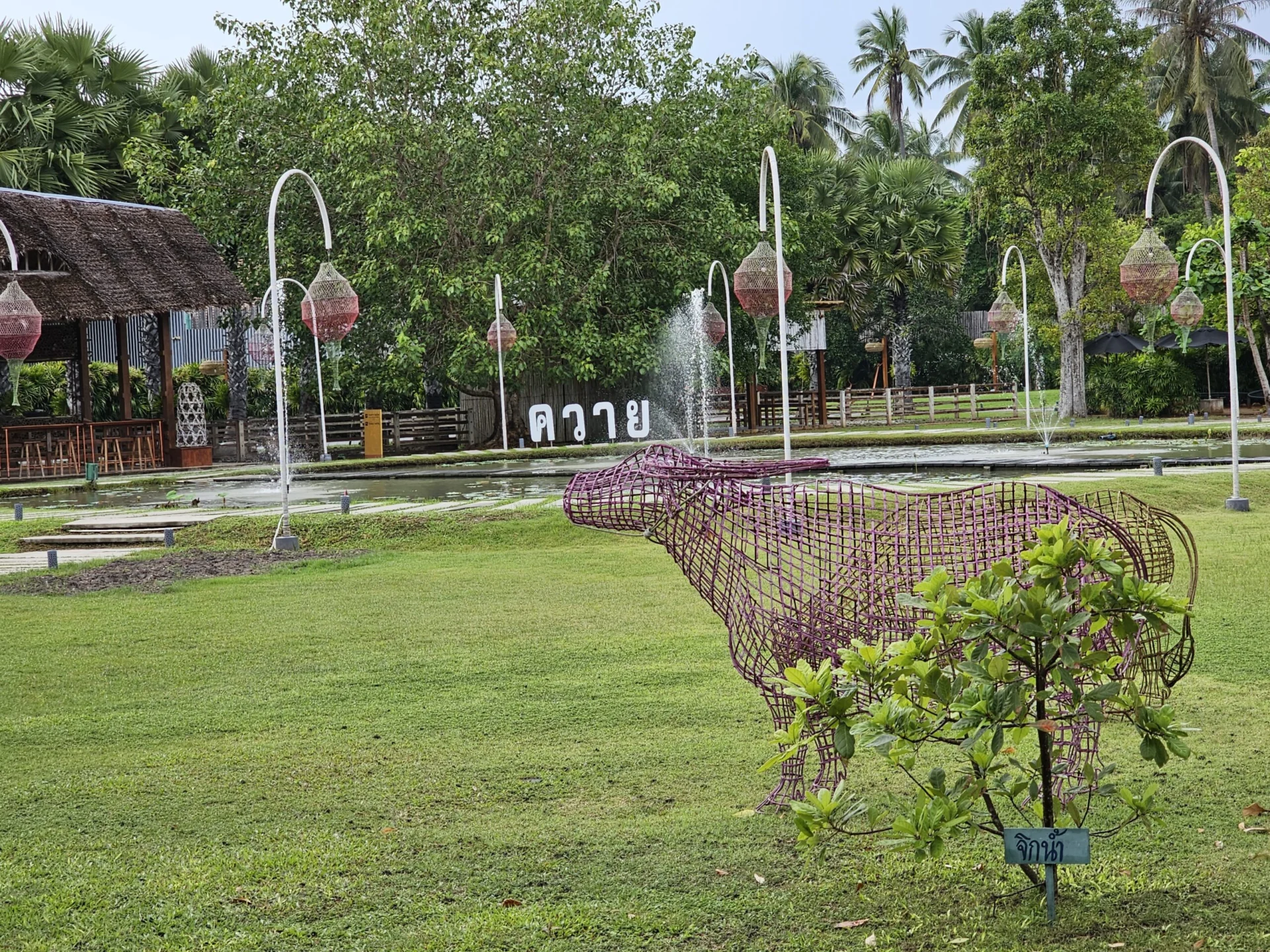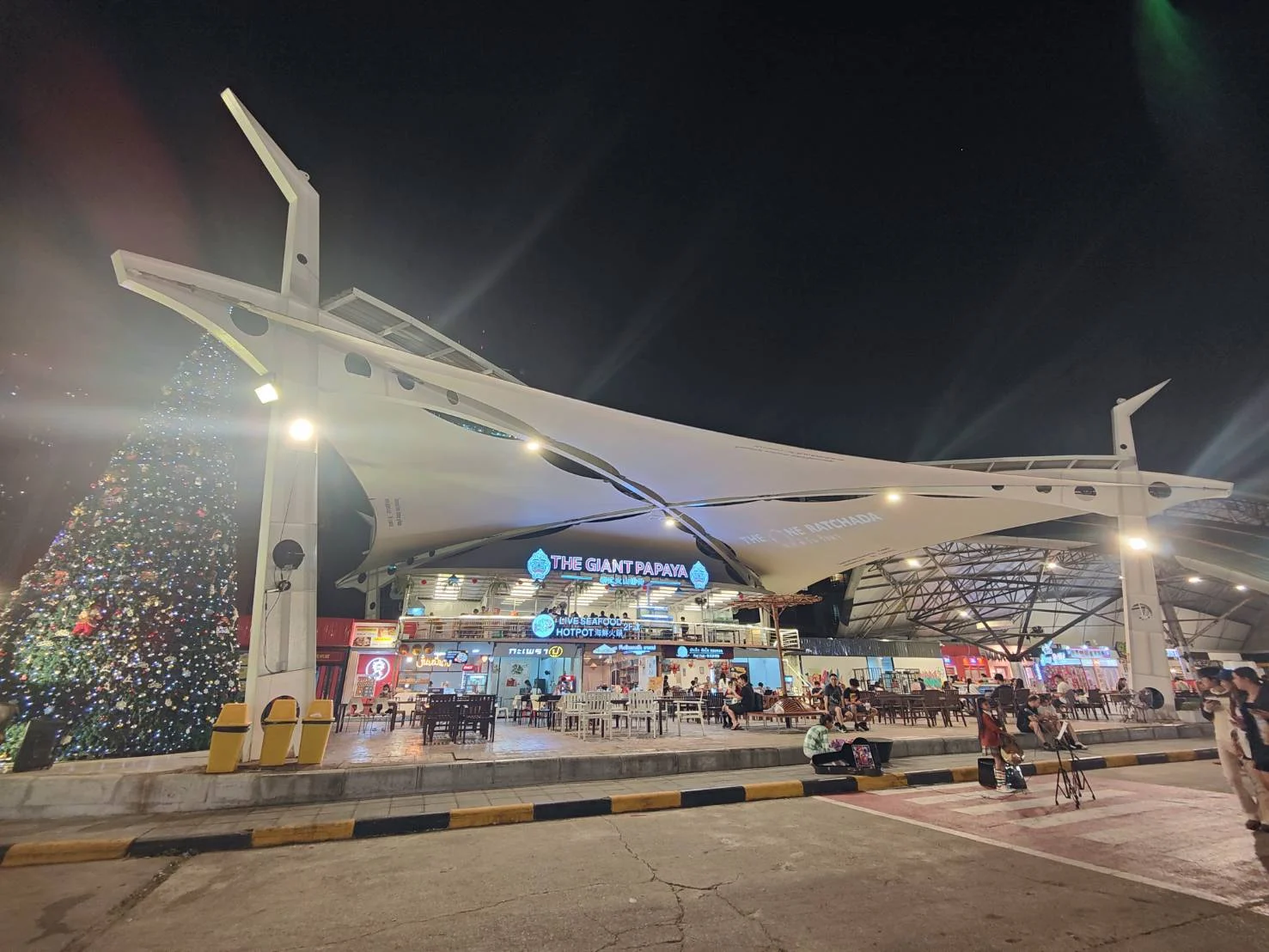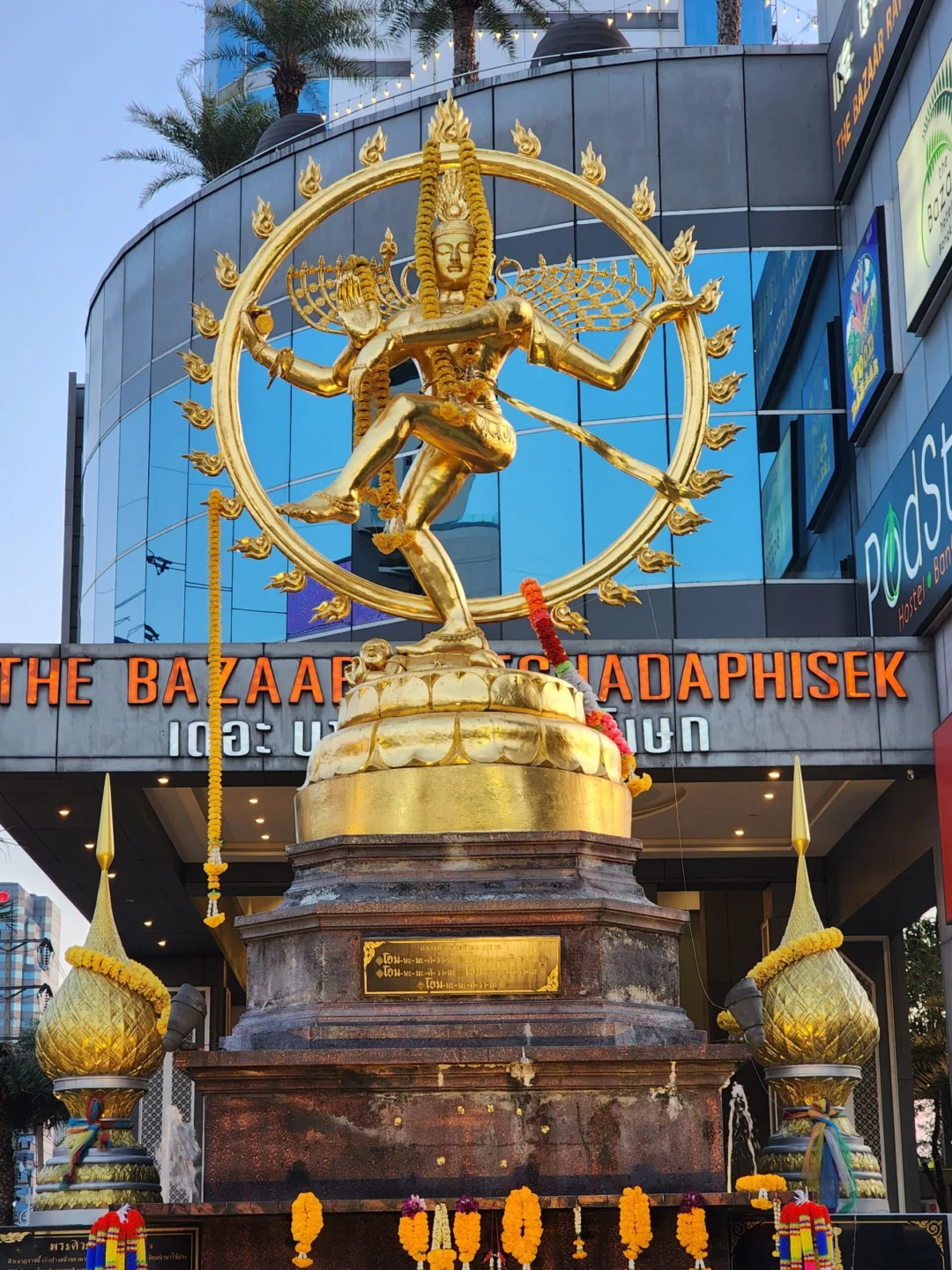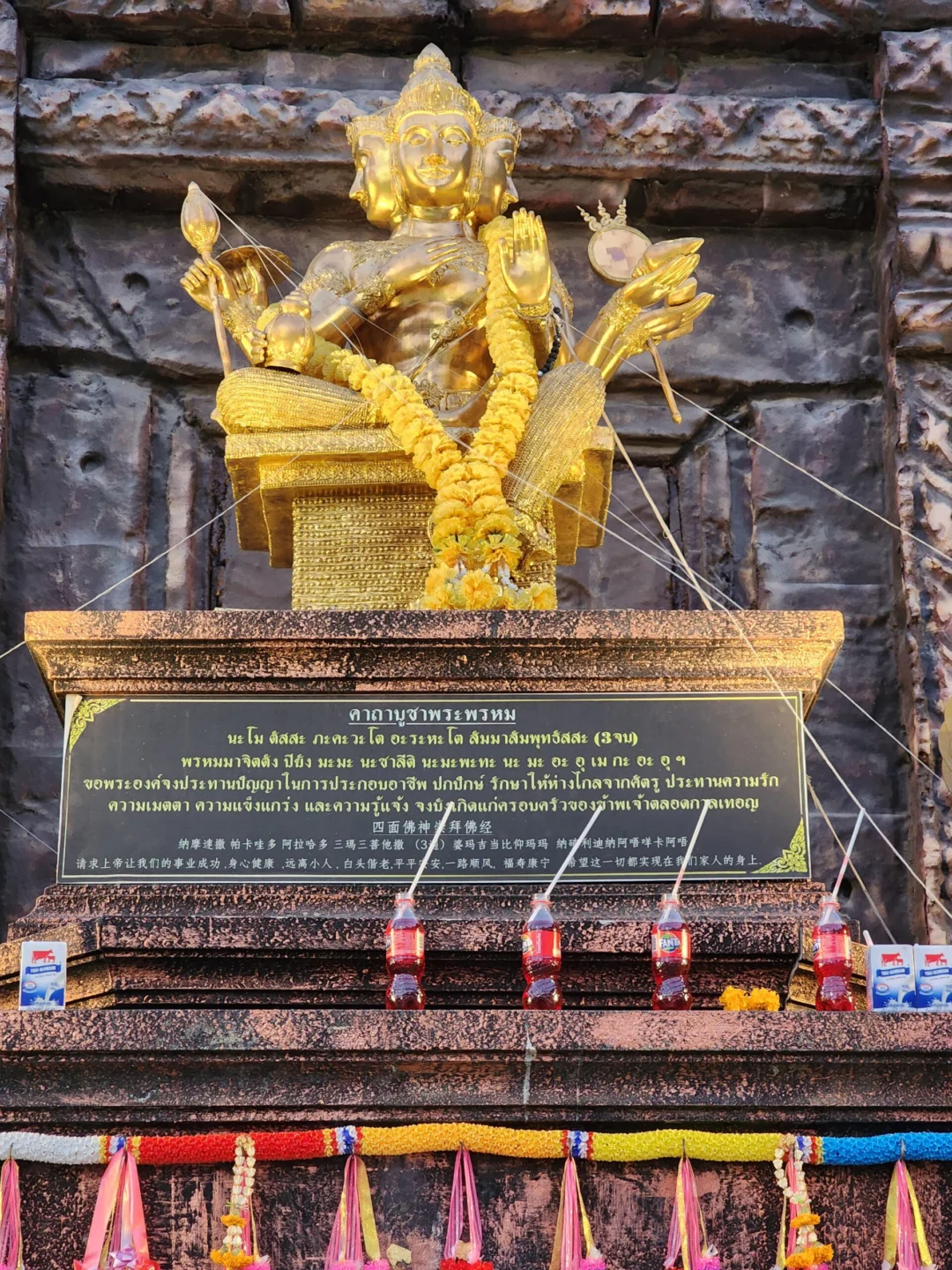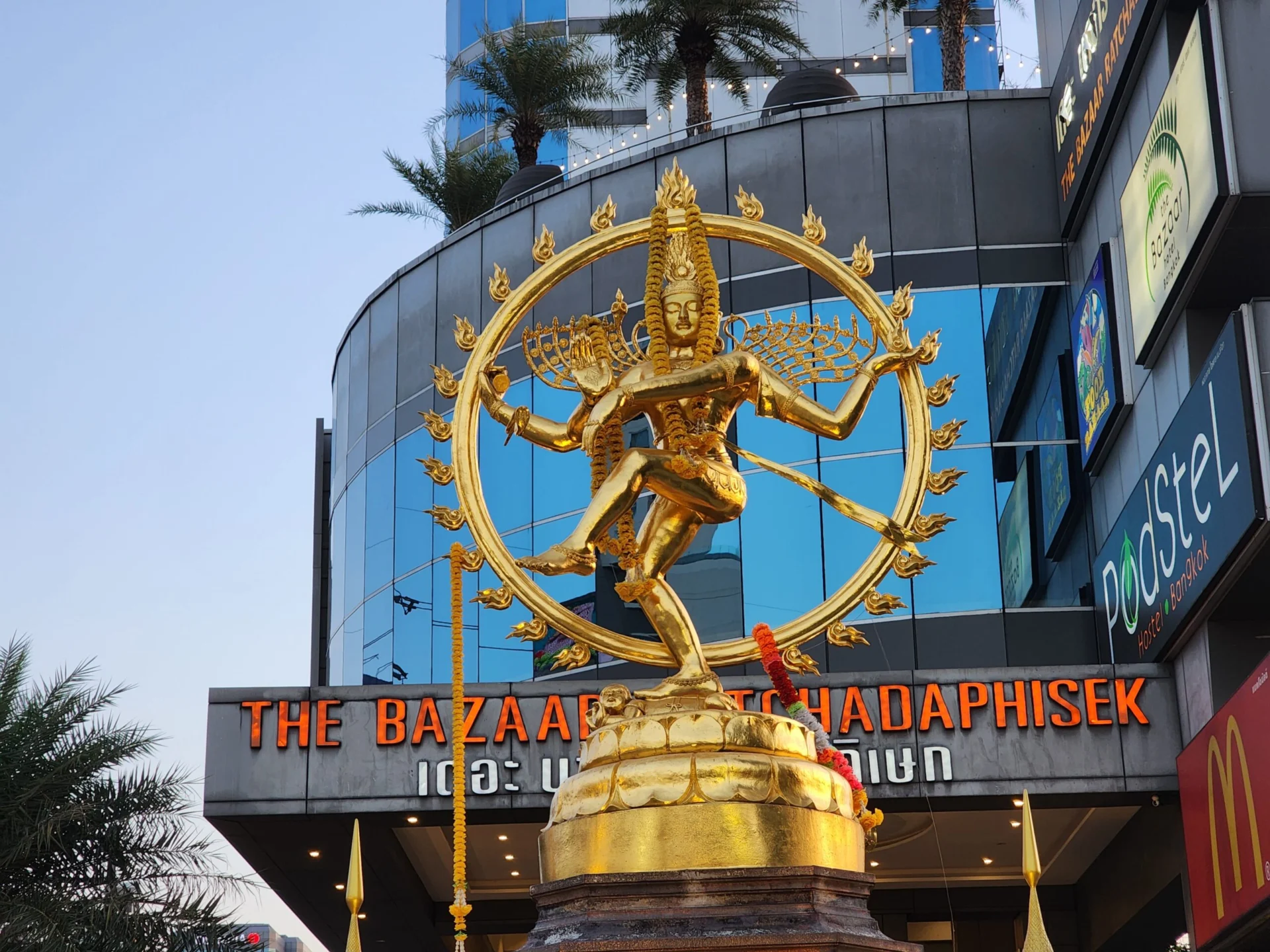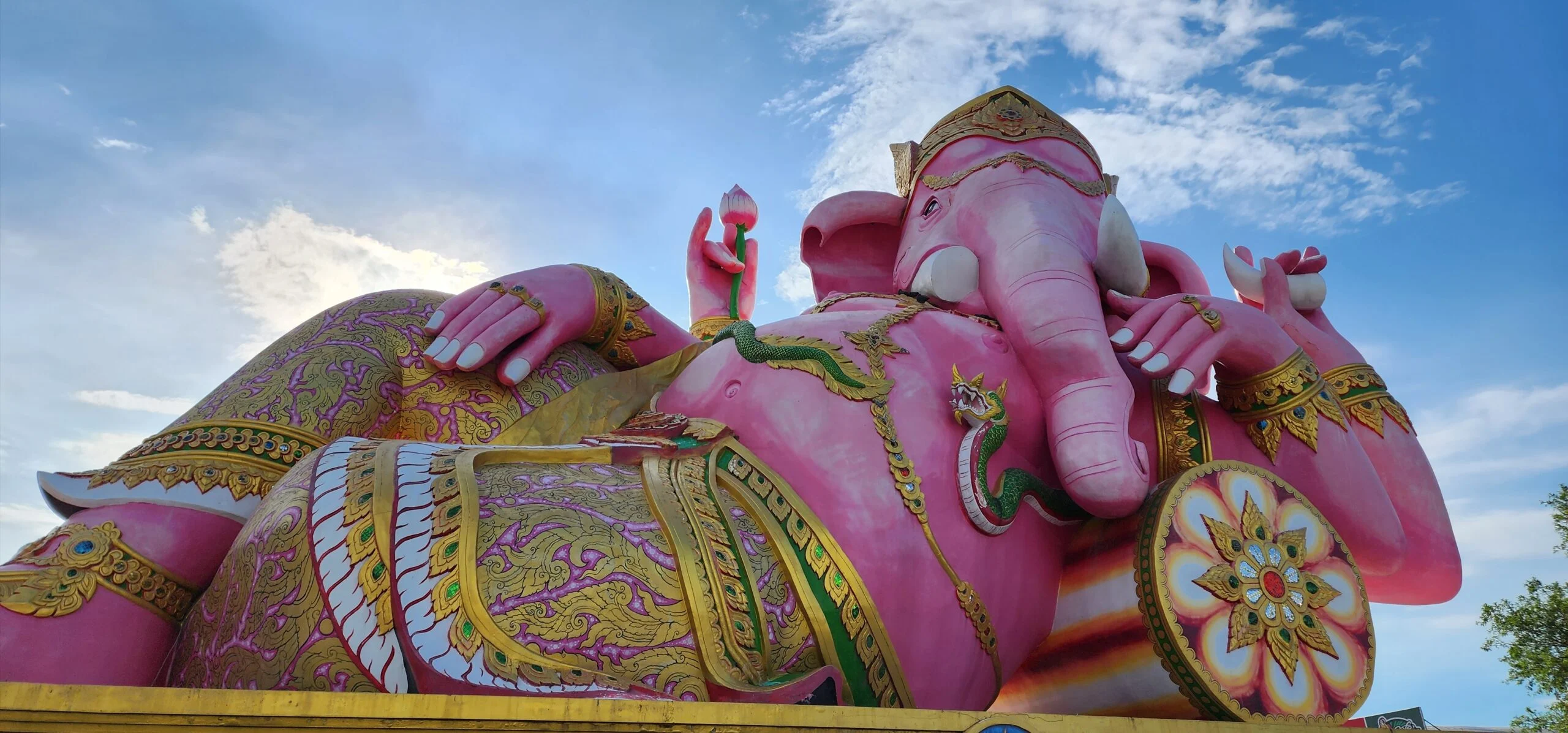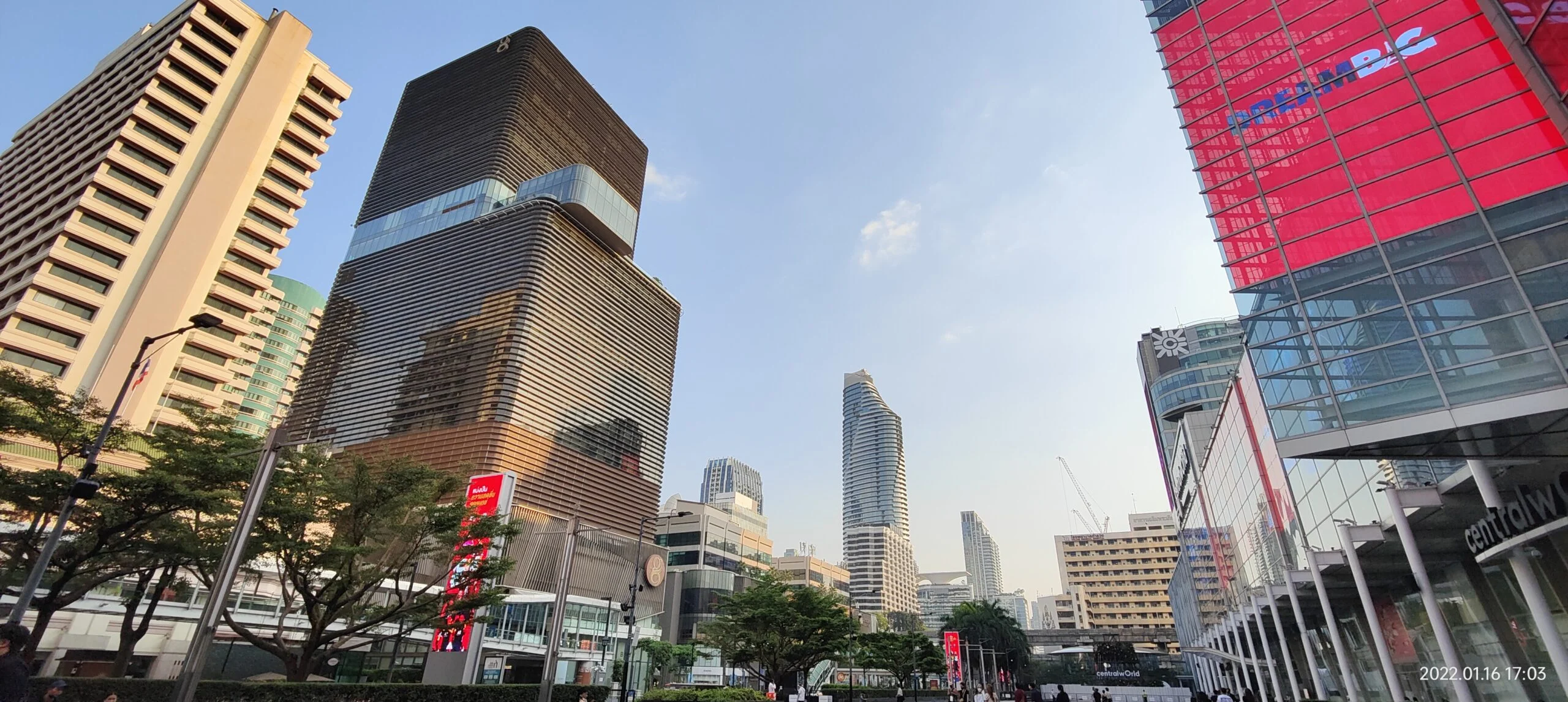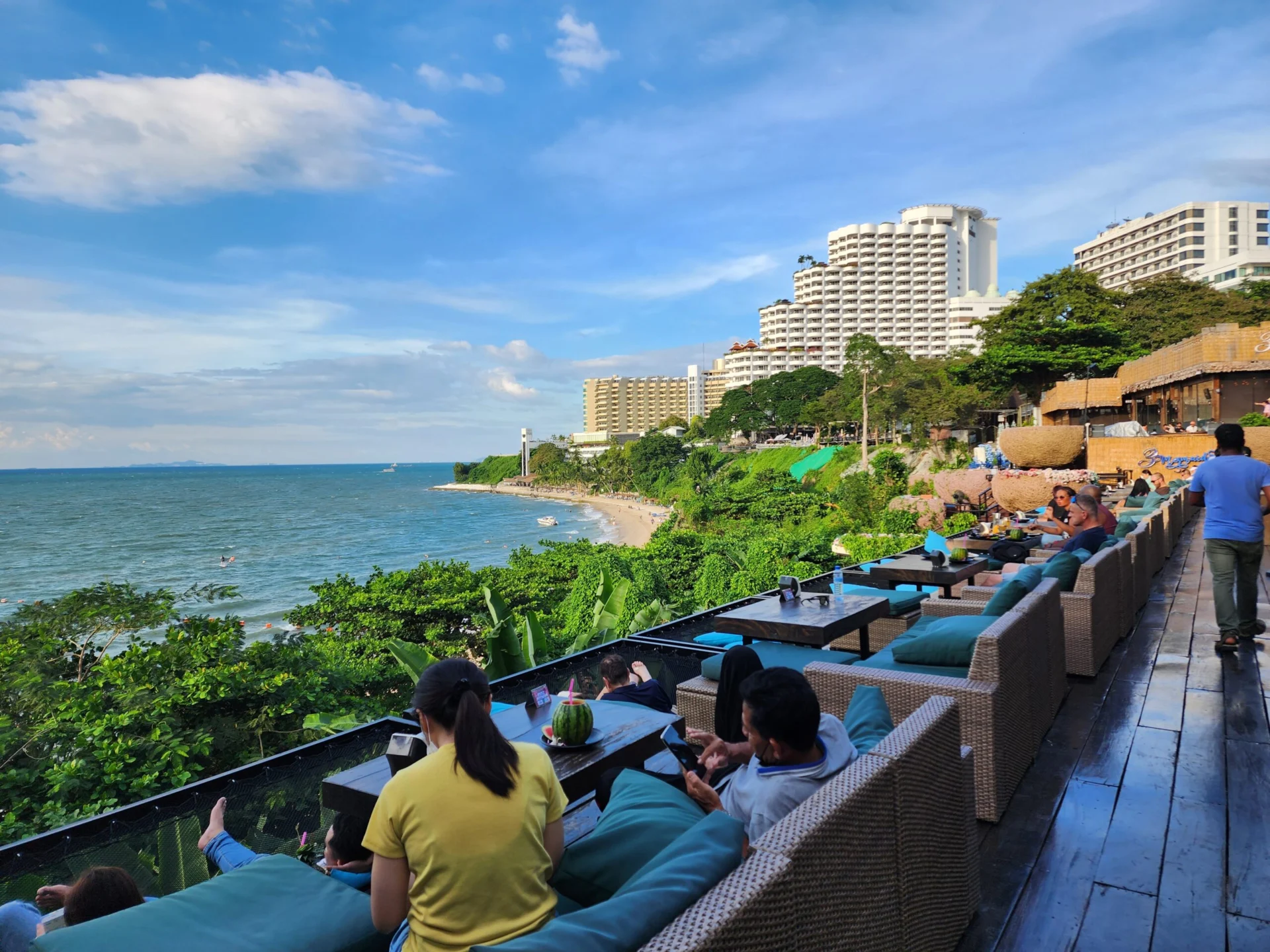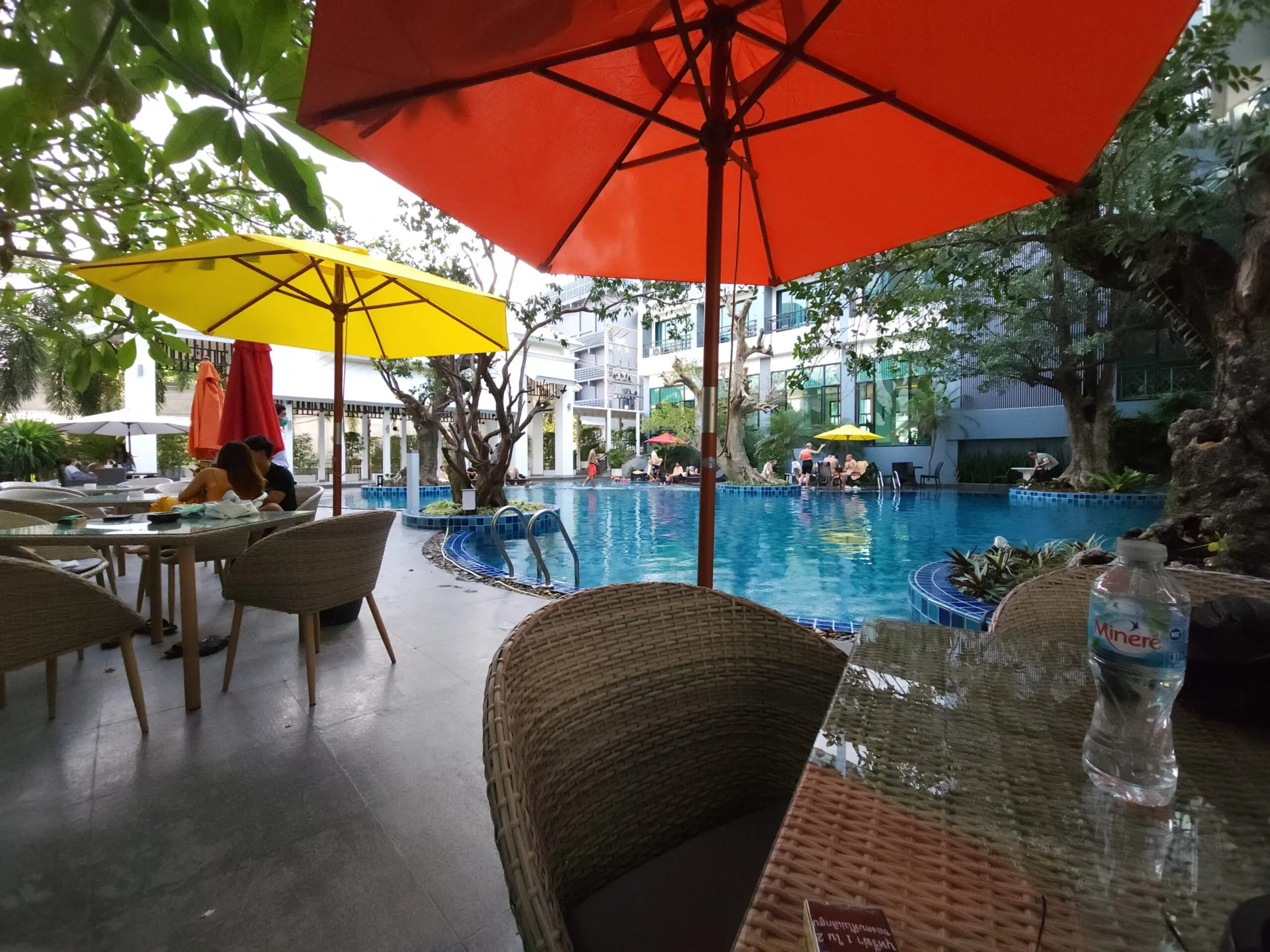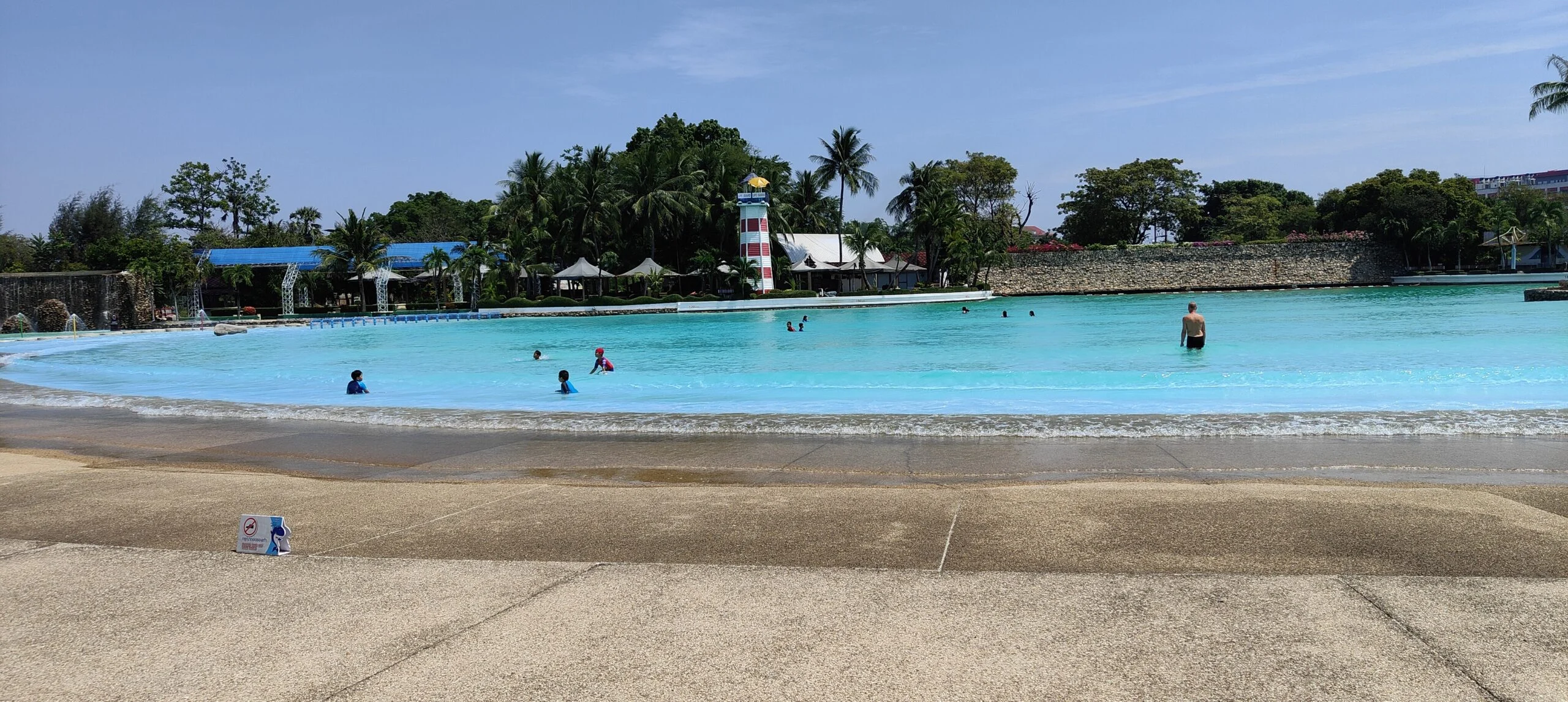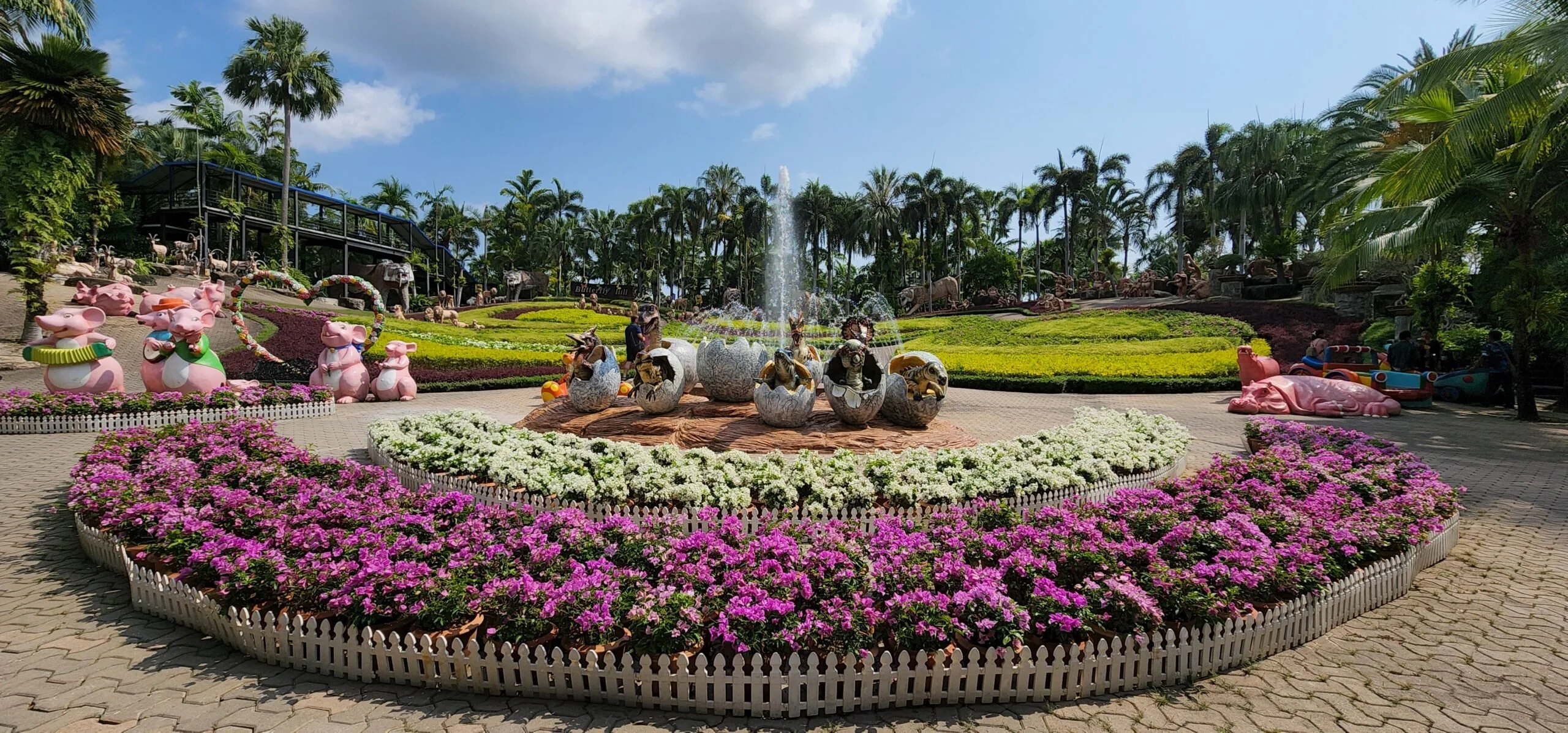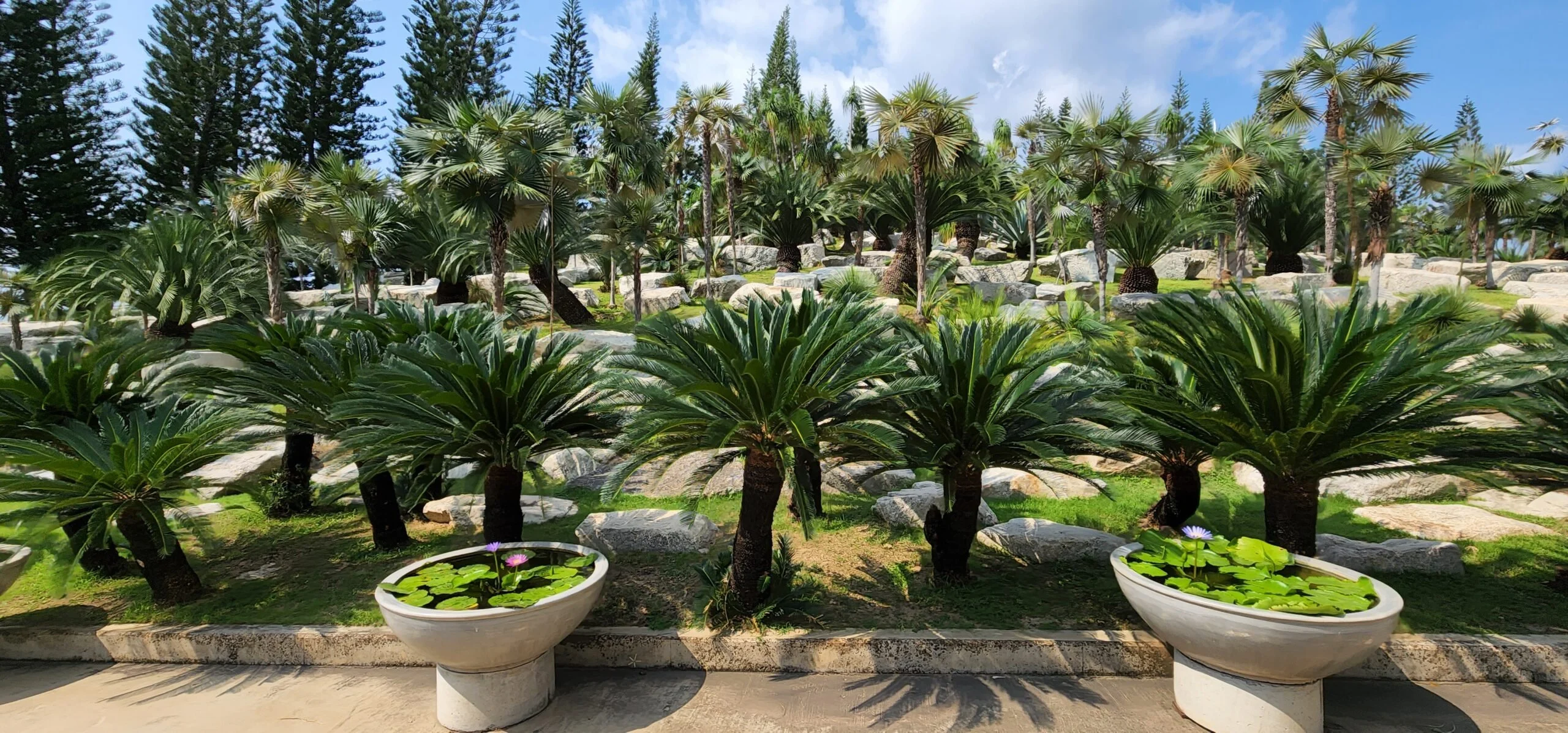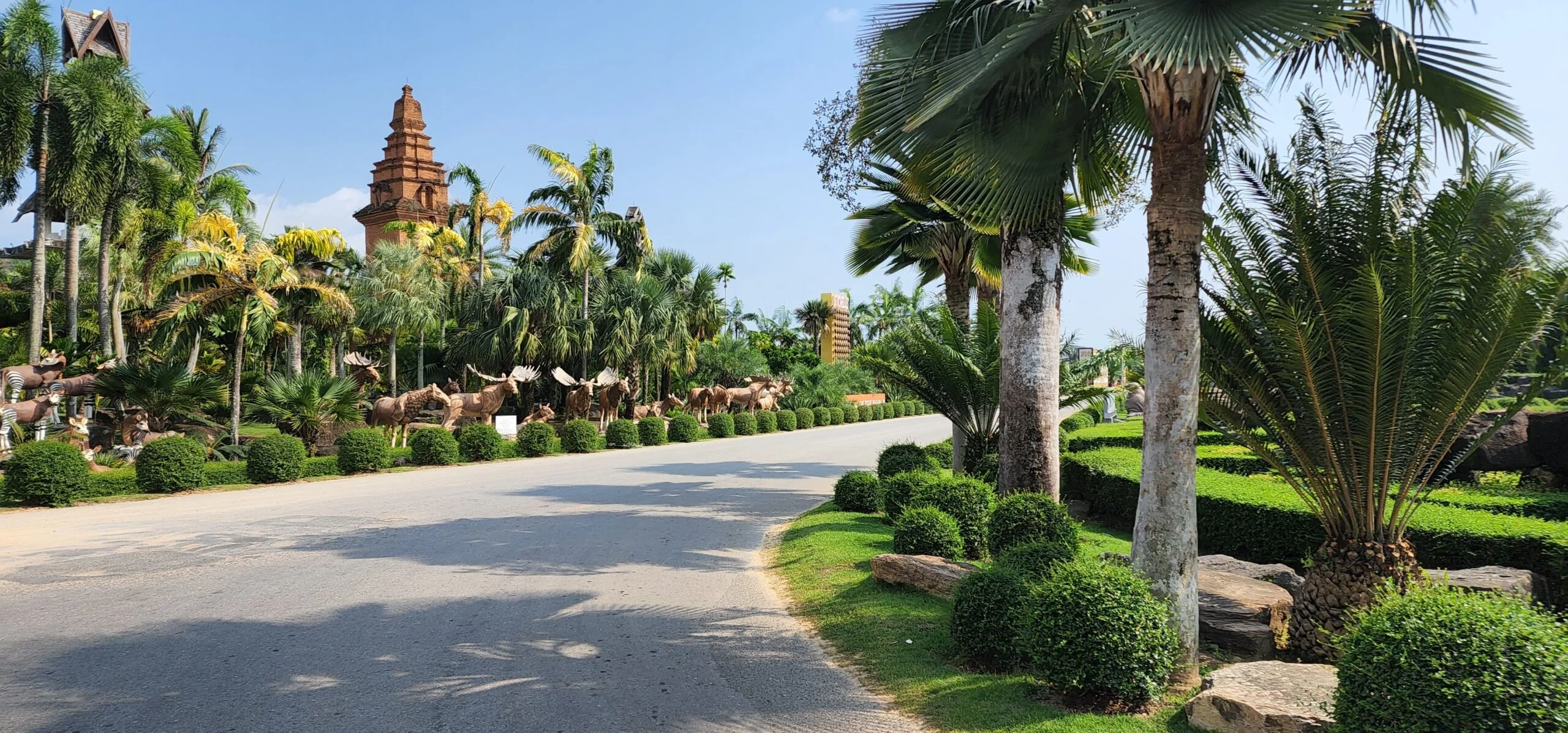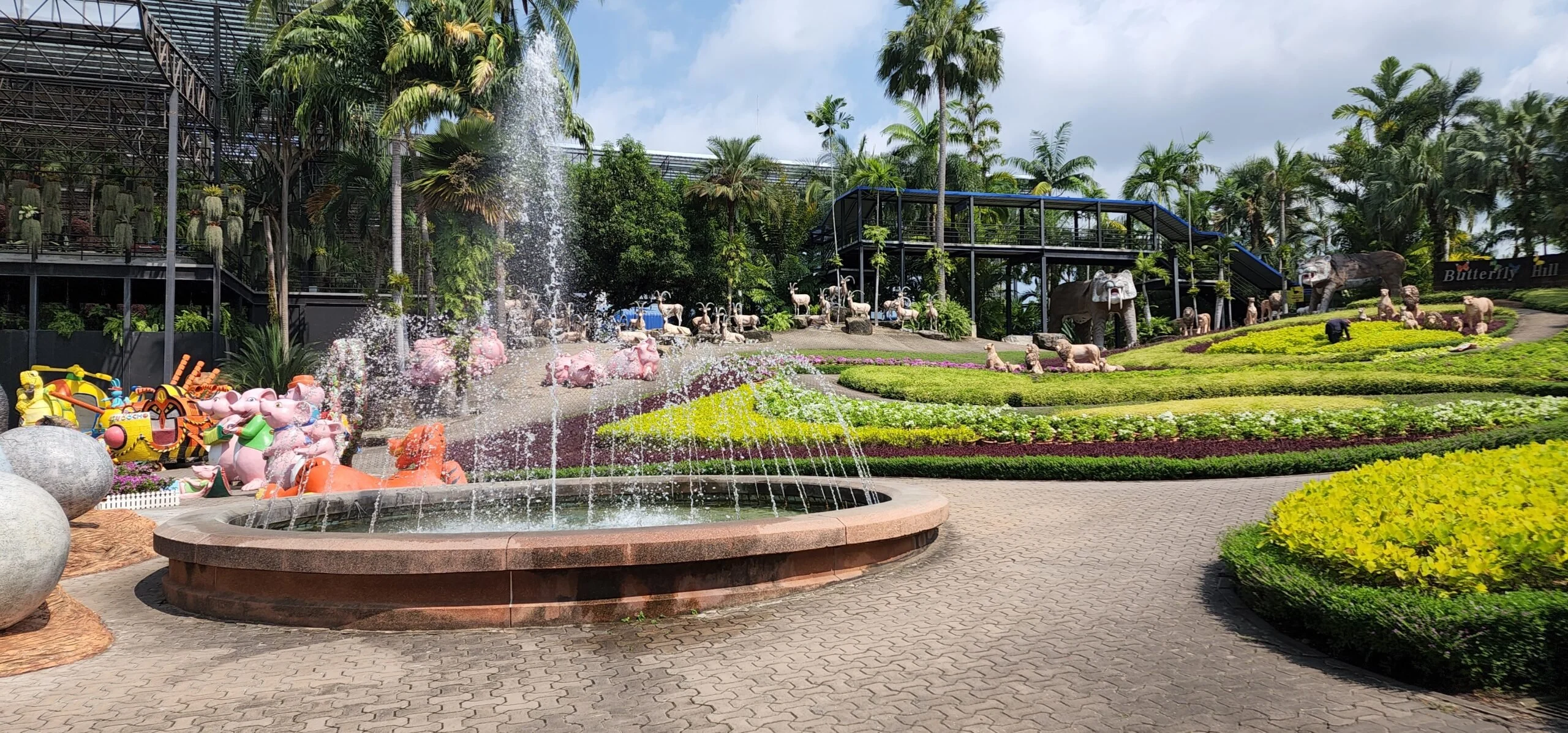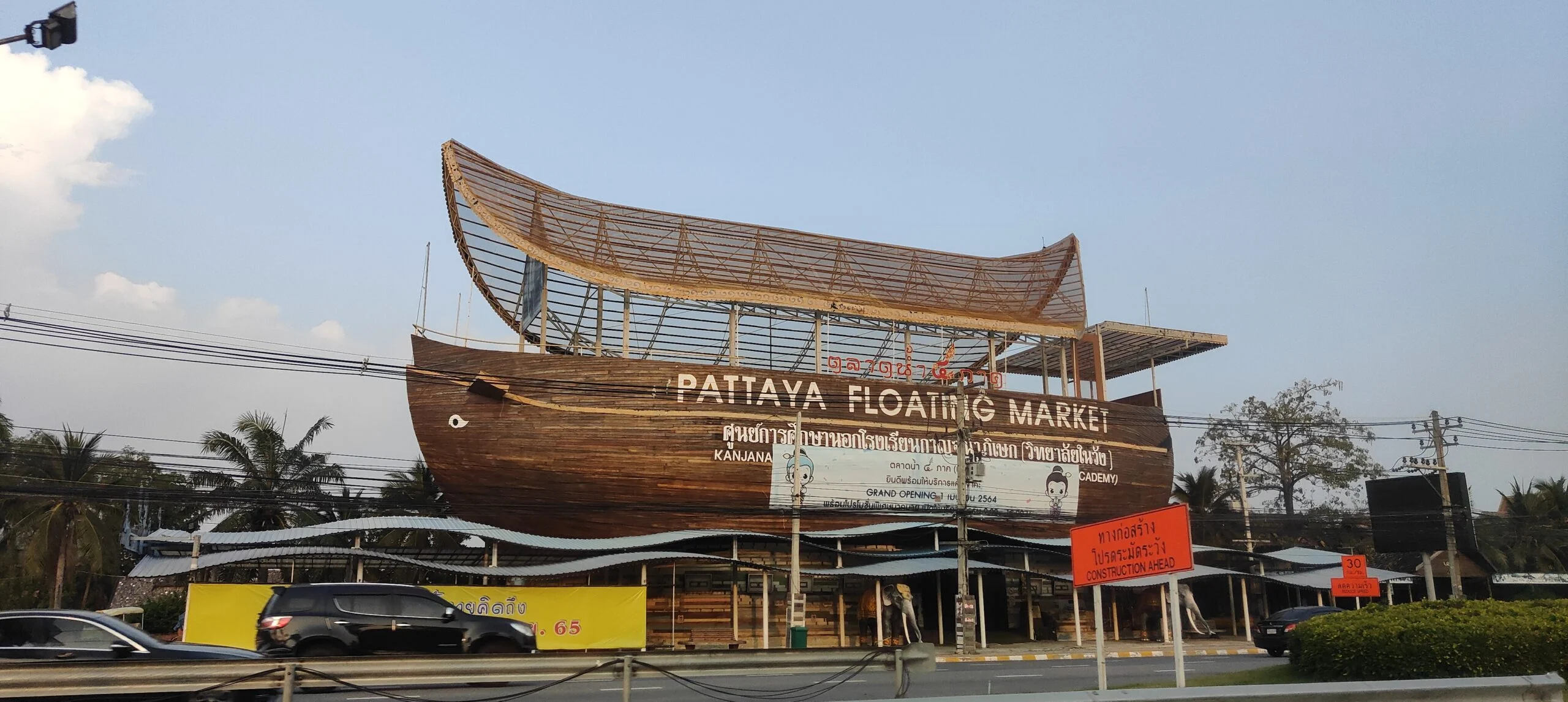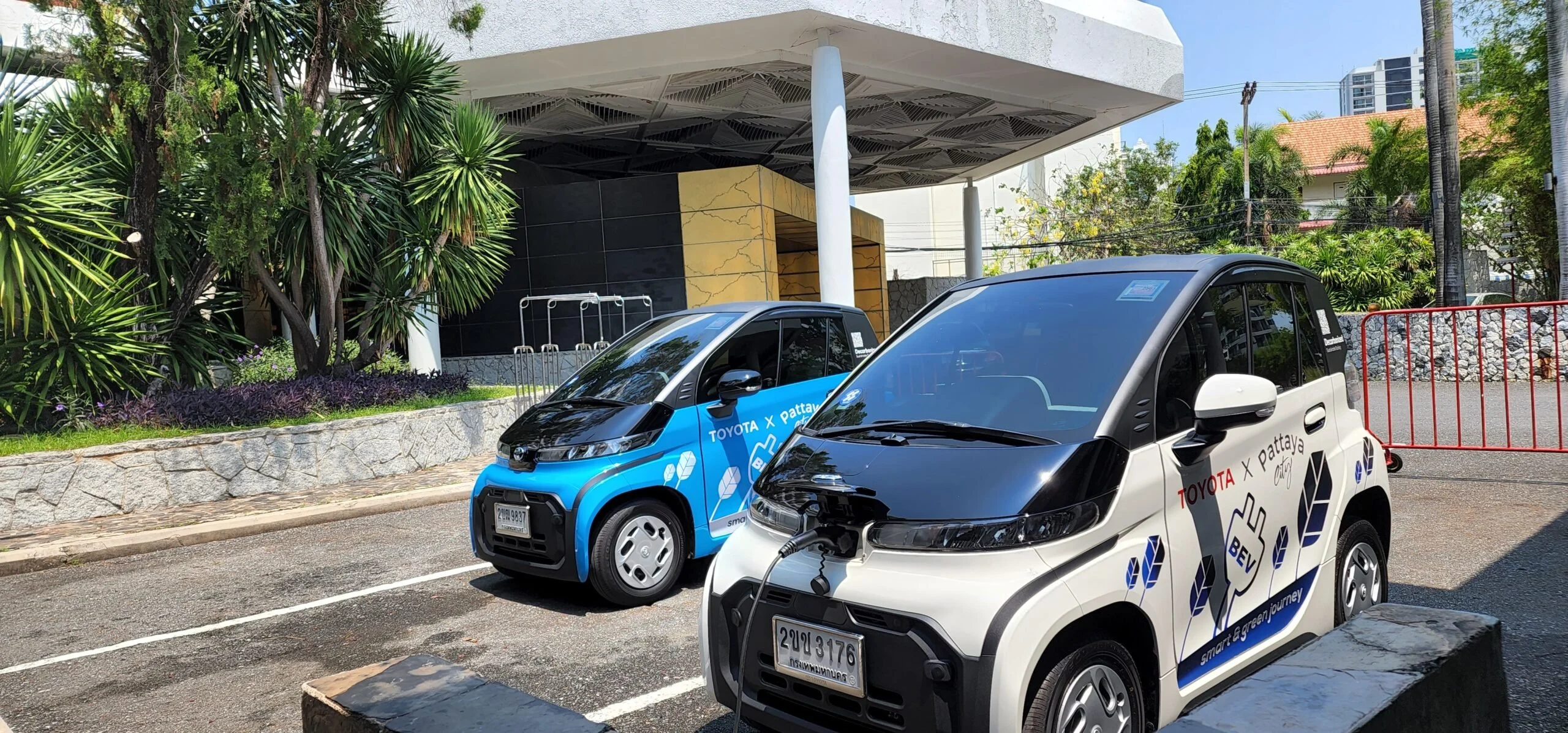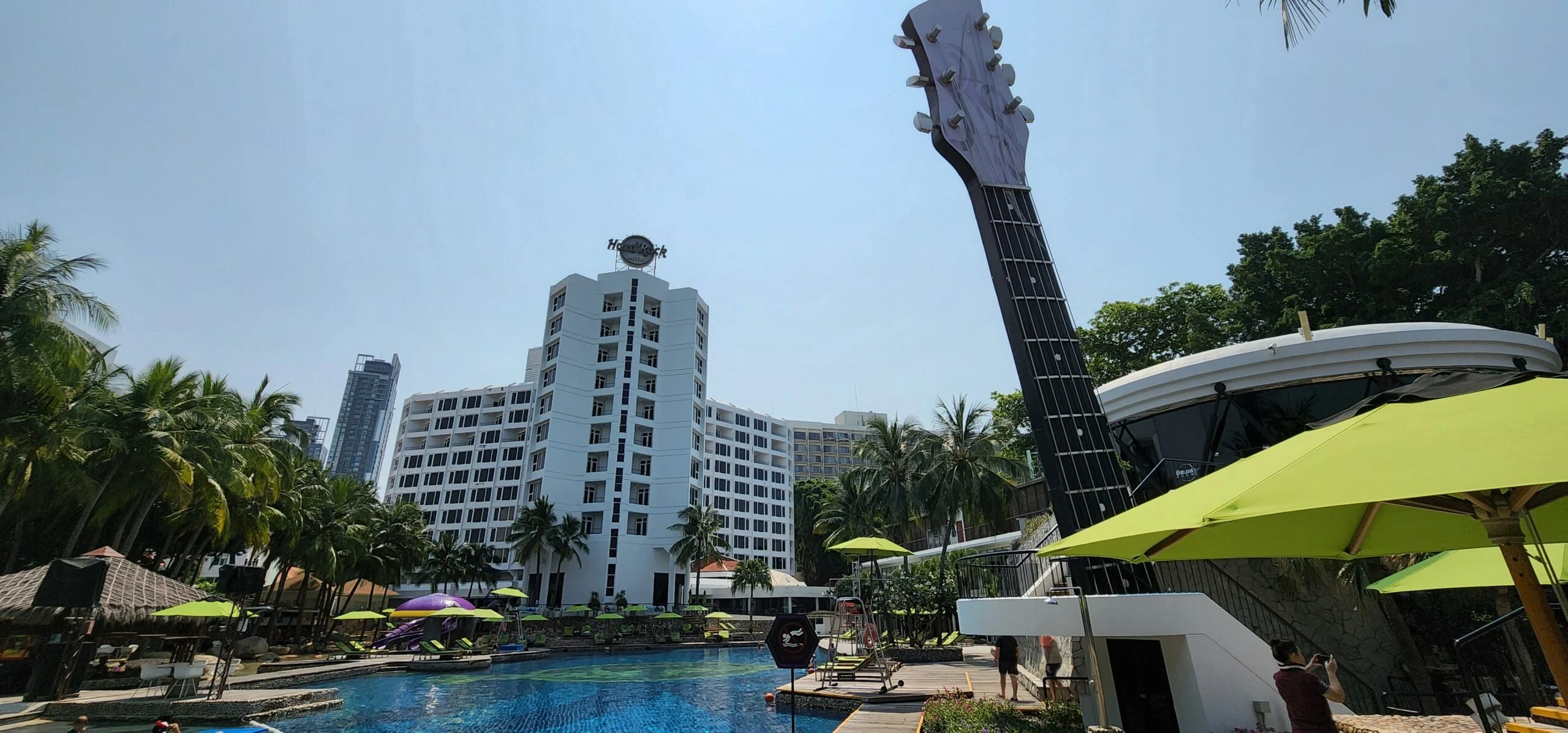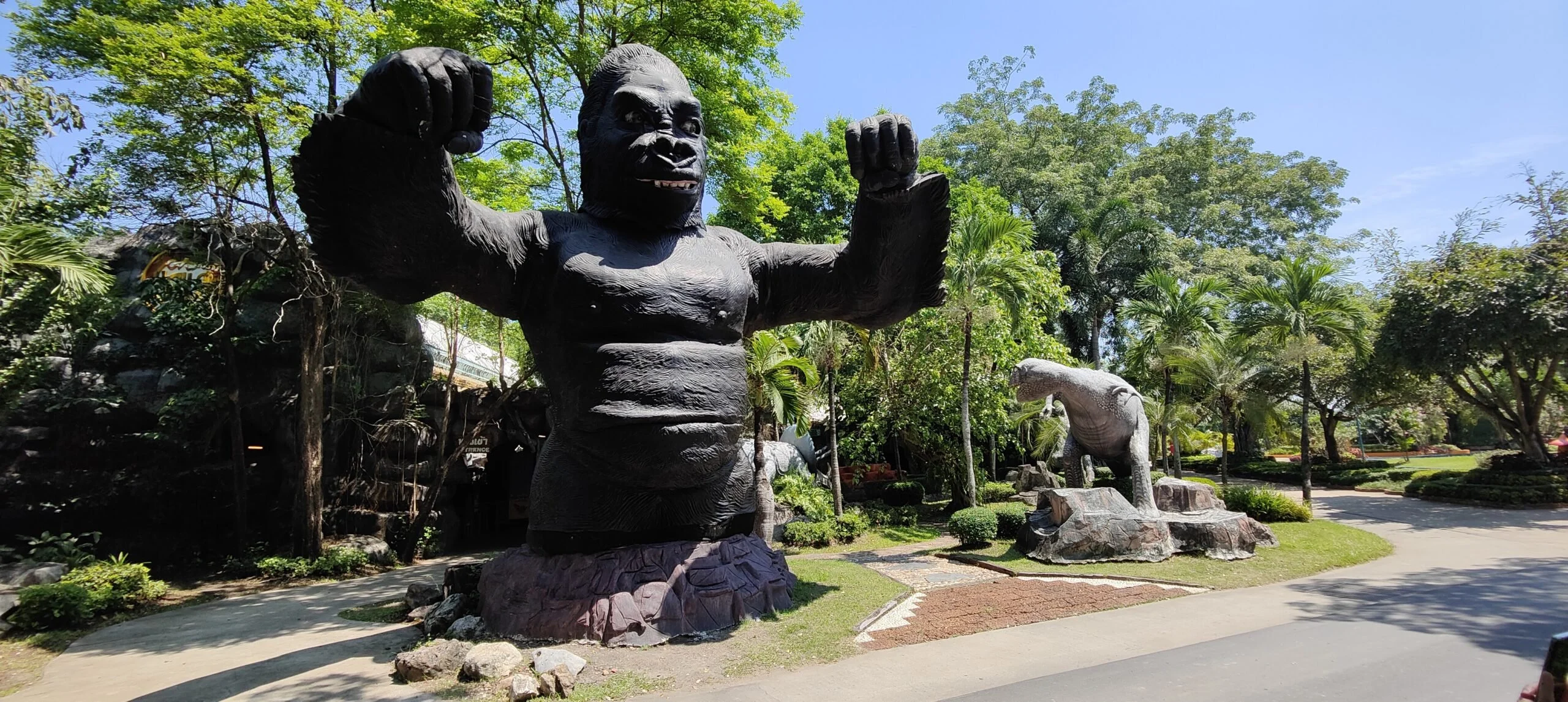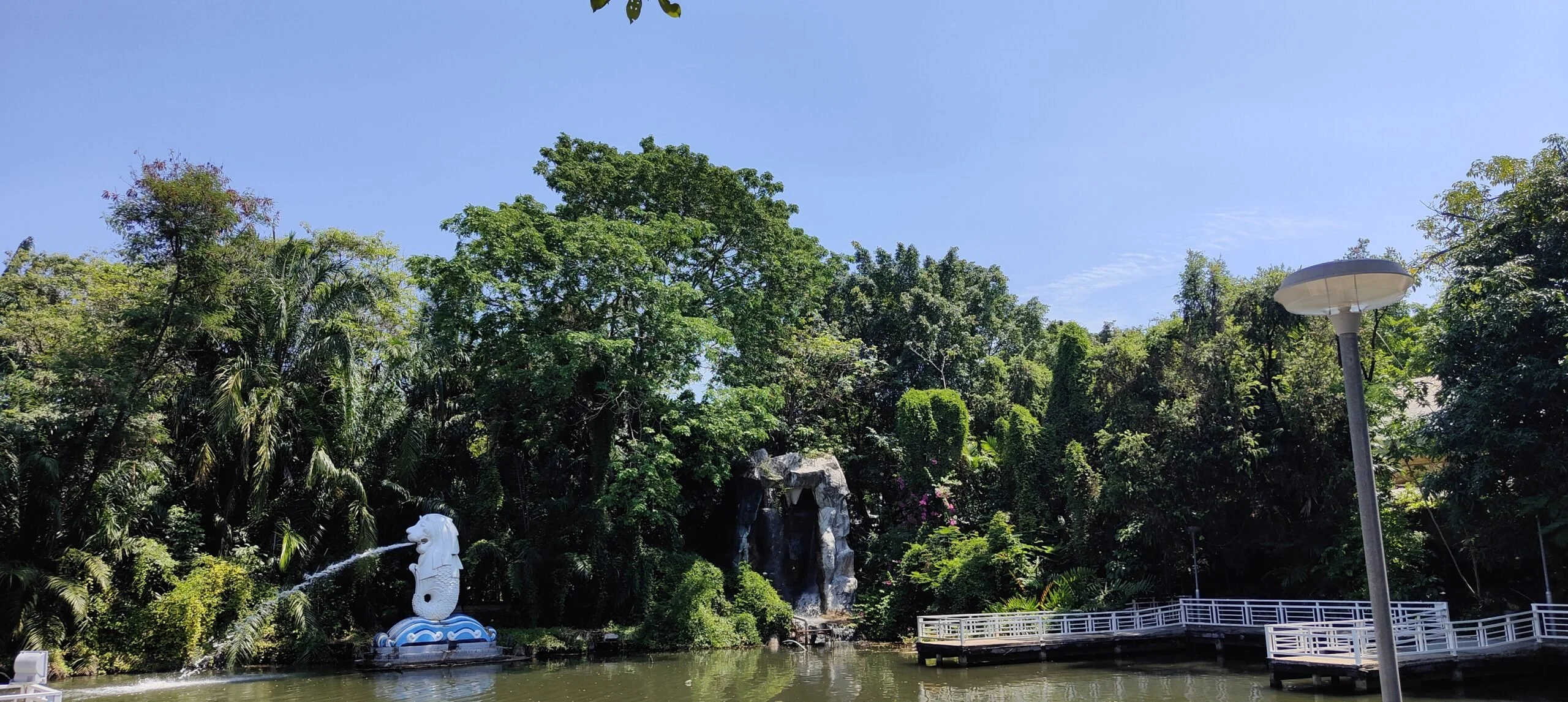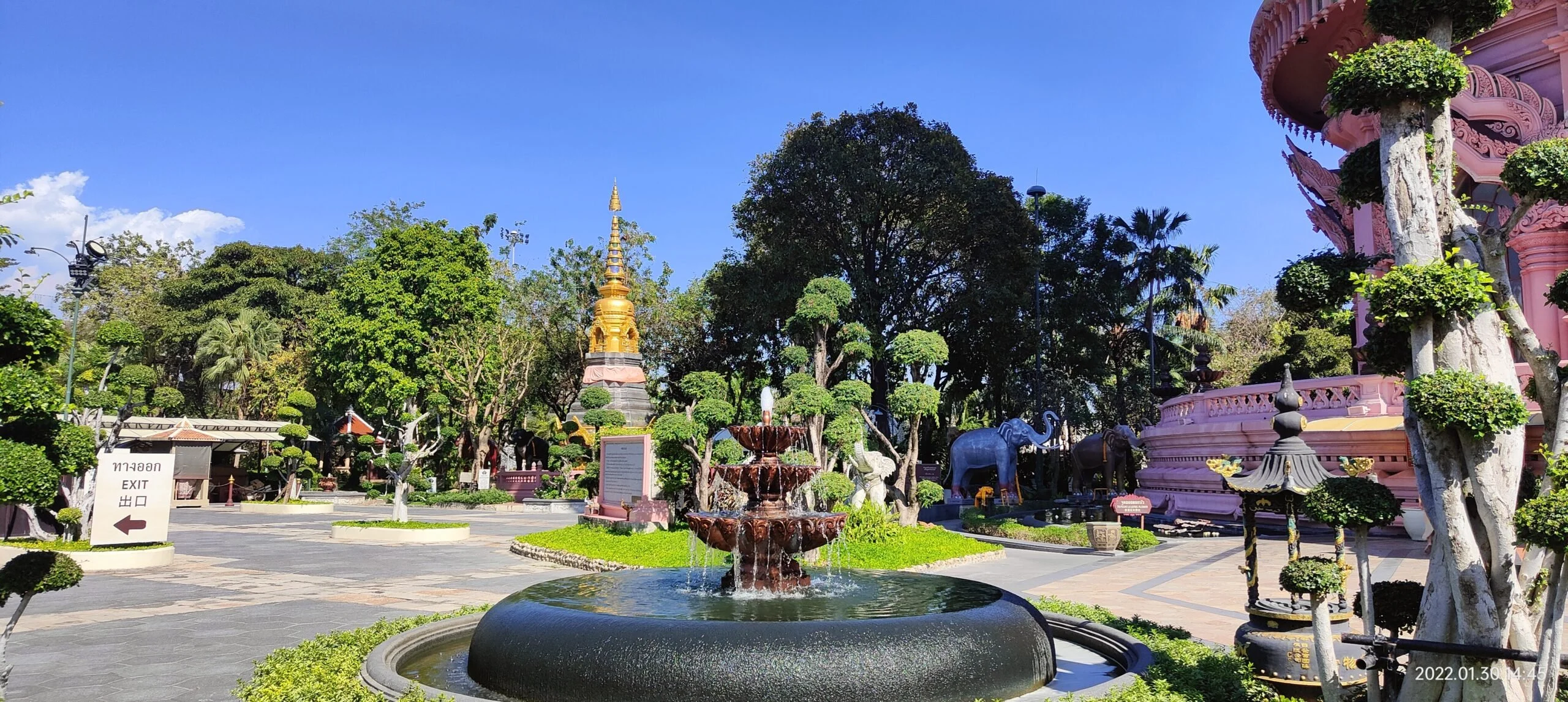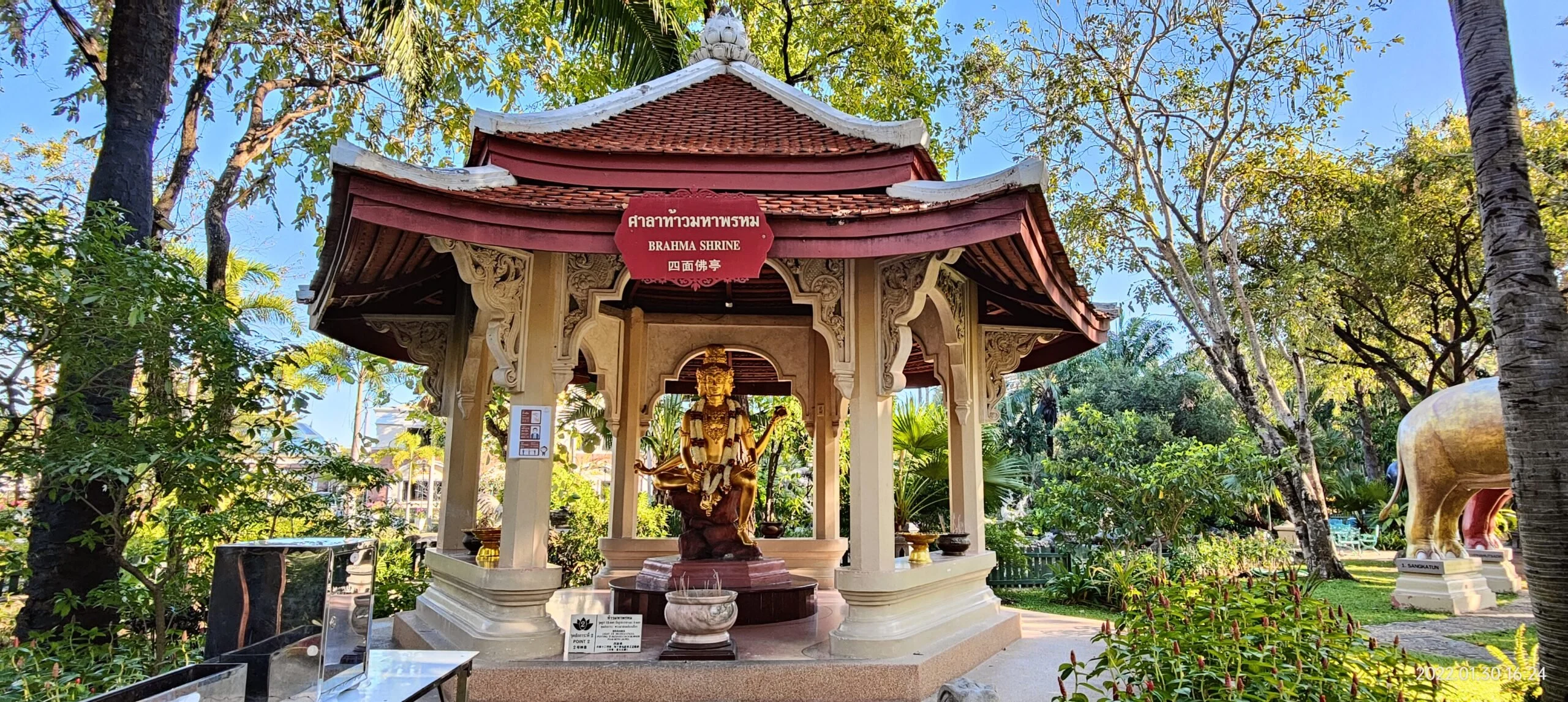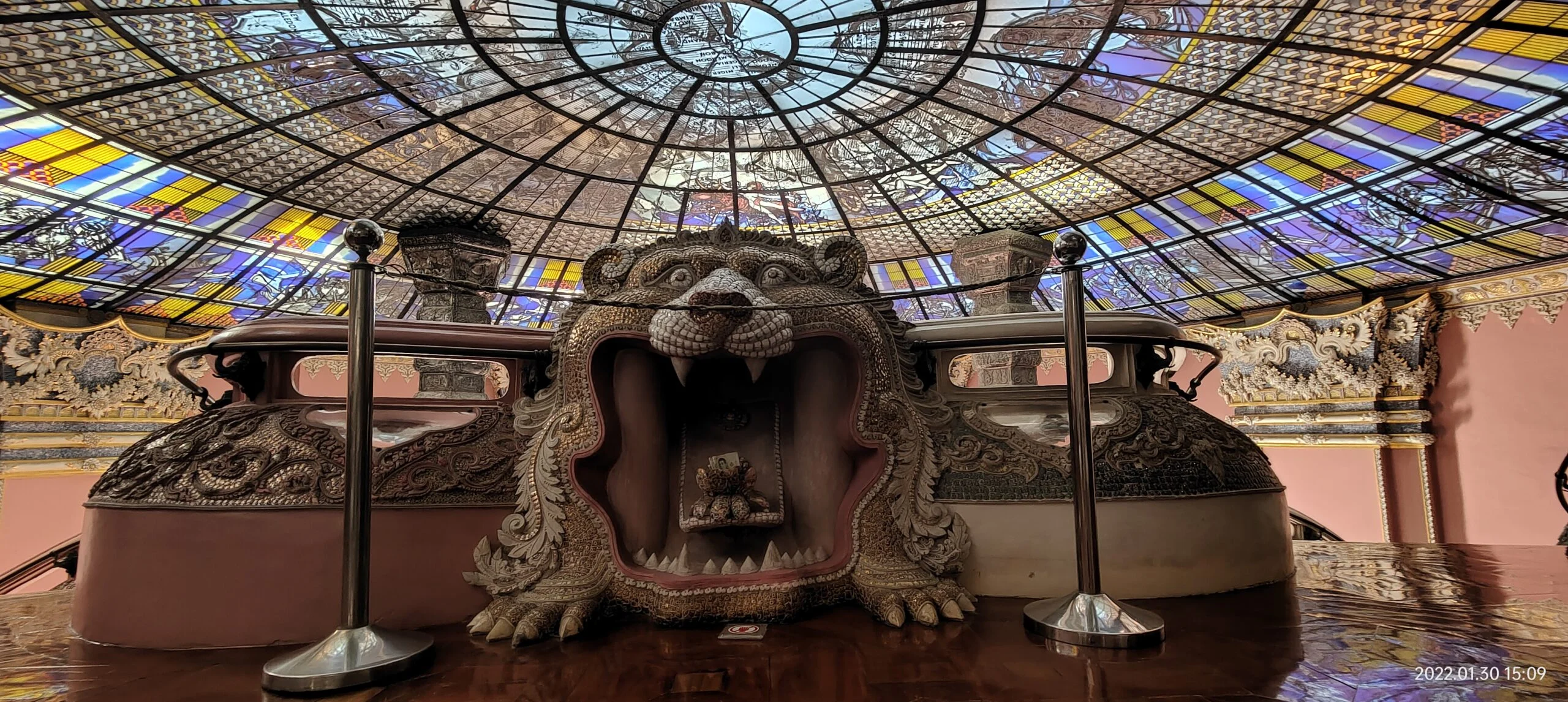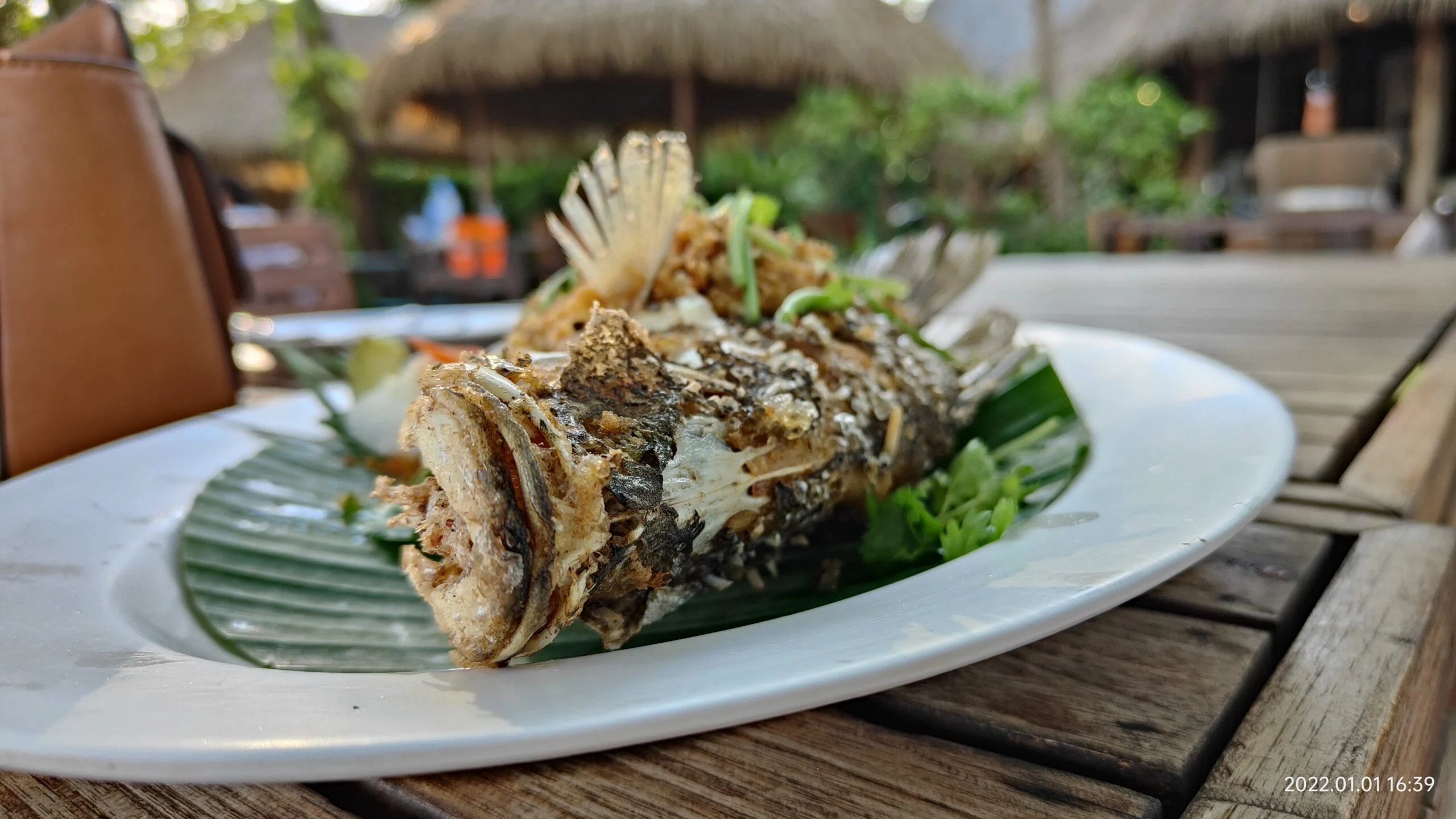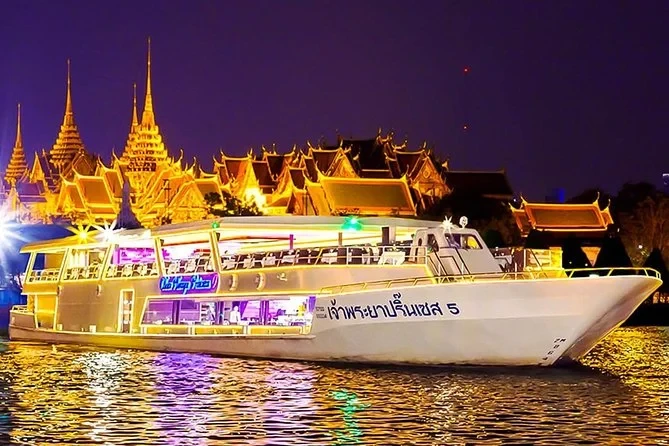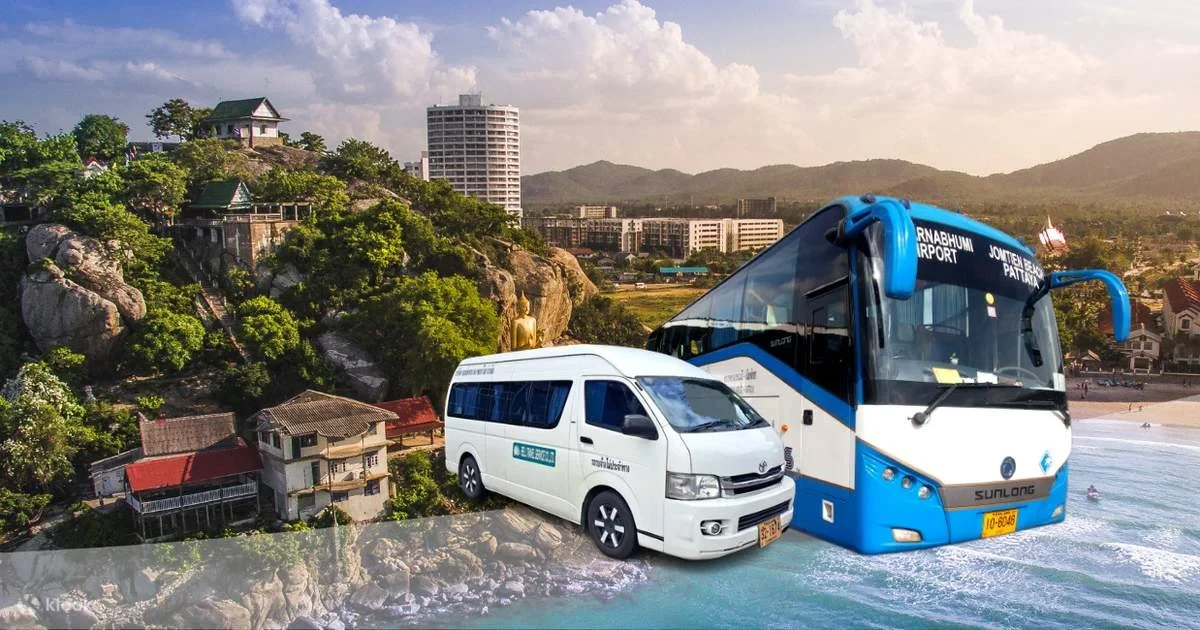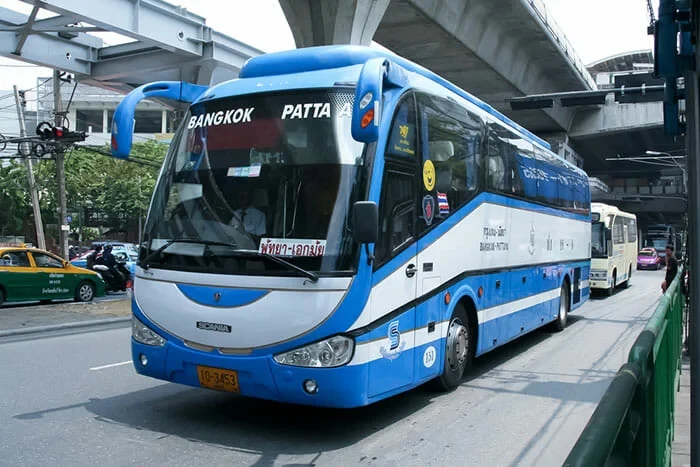Thailand’s healthcare system is renowned not just for its affordability and accessibility, but for its world-class services, skilled professionals, and modern infrastructure. From skilled surgeons and state-of-the-art private hospitals to its booming medical tourism sector, Thailand stands out as one of Asia’s top healthcare destinations. With a growing focus on medical research, innovations in cosmetic and dental surgery, and affordable treatment options for chronic and acute conditions, Thailand offers holistic and inclusive healthcare to both locals and international patients.
1. Availability of Skilled Doctors and Thailand’s healthcare Professionals
Thailand boasts a strong medical workforce, many of whom are trained abroad or in top Thai institutions such as Mahidol University and Chulalongkorn University. Thai doctors are known for their compassion, English proficiency, and professionalism—especially in private hospitals that cater to medical tourists.
- Most urban hospitals have doctors with international exposure.
- The Medical Council of Thailand regulates professional standards.
- Specializations such as cardiology, orthopedics, and plastic surgery are in high demand and well-developed.
2. Thailand’s healthcare cost and affordability
One of the key advantages of healthcare in Thailand is the affordable cost compared to Western countries.
| Type of Service | Approximate Cost (USD) |
|---|---|
| General Consultation | $15–$30 |
| MRI Scan | $250–$600 |
| Cosmetic Surgery (e.g., nose job) | $800–$2,500 |
| Dental Implant | $1,200–$2,000 |
| Heart Bypass Surgery | $15,000–$25,000 |
- Universal Coverage Scheme (UCS) ensures basic care for Thai citizens.
- Expats often opt for private insurance or out-of-pocket payments in private hospitals.
3. Major Diseases and Treatments in Thailand
Thailand deals with both non-communicable diseases and tropical diseases, offering modern treatment options for both.
Common Diseases:
- Dengue Fever: Regular outbreaks during rainy seasons; well-managed in hospitals.
- Diabetes & Hypertension: Increasing with lifestyle changes; widely treated.
- Cancer: Advanced oncology departments in major hospitals like Bumrungrad and Samitivej.
- Heart Disease: Sophisticated cardiology units available.
- Tuberculosis: Still prevalent in rural areas but under control through national programs.
4. Cutting-Edge Medical Research in Thailand
Thailand is increasingly investing in biomedical research, often in collaboration with global institutions.
- COVID-19 Vaccine Development: Thai researchers developed the “ChulaCov19” mRNA vaccine.
- Stem Cell Research: Supported by the Thai Red Cross and leading hospitals.
- Cancer Research: Ongoing studies on herbal and integrative treatments.
- Thailand Center of Excellence for Life Sciences (TCELS) promotes biotech innovation.
5. Medical Education and Training
Thailand’s medical education system (Thailand’s healthcare education system) is rigorous and internationally respected.
- Top Medical Universities: Mahidol, Chulalongkorn, Chiang Mai, Siriraj.
- Doctors must undergo 6–7 years of intensive study, followed by internships and specialization.
- Continuing medical education (CME) is mandatory for license renewal.
6. Secrets Behind Cosmetic Surgery and Dental Surgery Boom
Thailand is a global leader in aesthetic treatments, known for quality and affordability.
Cosmetic Surgery:
- Popular Procedures: Rhinoplasty, breast augmentation, facelifts, eyelid surgery.
- Surgeons often trained in South Korea, Japan, or the US.
- Accredited clinics follow global standards (e.g., JCI accreditation).
Dental Surgery:
- Services: Veneers, implants, crowns, whitening.
- Clinics in Bangkok, Chiang Mai, and Phuket serve international clients.
- Up to 70% cheaper than in the West, with top-notch quality.
Insider Secret: Many cosmetic clinics offer custom packages with hotel stays, spa treatments, and transport, blending health with hospitality.
7. Other Notable Insights
- Medical Tourism: Over 2 million visitors annually for medical purposes.
- Digital Health: Rising use of telemedicine, e-health platforms, and digital records.
- Healthcare Accreditation: Over 60 Thai hospitals are internationally accredited.
- Retirement Visa & Health Insurance: Expats over 50 must show proof of insurance or income for long stays.
8. Pro Tips for Visitors Seeking Thailand’s healthcare
- Always check hospital accreditation (JCI, ISO).
- Use hospitals like Bumrungrad, Bangkok Hospital, Samitivej, and BNH for top-tier care.
- Keep digital and physical copies of medical history.
- Book appointments in advance, especially for surgeries.
- Use government hospitals for budget care, but expect longer wait times.
9. Thailand’s healthcare Insurance Options for Locals, Expats, and Tourists
For Thai Citizens:
- Universal Coverage Scheme (UCS): Provides free or low-cost treatment for most Thai nationals at government hospitals.
- Social Security Scheme (SSS): For employed citizens; contributions are deducted monthly and cover a broad range of healthcare services including surgeries, maternity care, and chronic illness treatment.
For Expats:
- Private Health Insurance: Widely available and often required for long-term visas (retirement, work permit, etc.). Premiums range from ฿20,000 to ฿150,000 per year, depending on age, health status, and coverage.
- Popular Providers:
- AXA Thailand
- Pacific Cross
- Luma Health
- Aetna Thailand
- Cigna Global (for international plans)
- Tokio Marine
- Compulsory Health Insurance for Retirees: Those on an O-A visa (retirement) must show proof of Thai health insurance covering at least ฿40,000 outpatient and ฿400,000 inpatient care.
For Tourists and Short-Term Visitors:
- Travel Insurance with Medical Coverage is strongly recommended. Many policies cover:
- Emergency medical treatment
- Medical evacuation
- Accident coverage
- COVID-19 treatment (optional)
- Top International Travel Insurers include:
- Allianz Travel
- World Nomads
- SafetyWing
- IMG Global
Pro Tip:
- Always review policy exclusions and ensure coverage includes hospitalization in private hospitals, especially if you’re seeking treatment at high-end facilities like Bumrungrad or Bangkok Hospital.
- Some or all of these insurance policies can also be used to get tax exemption to a limited extent. Please consult with your policy agency for more details.
